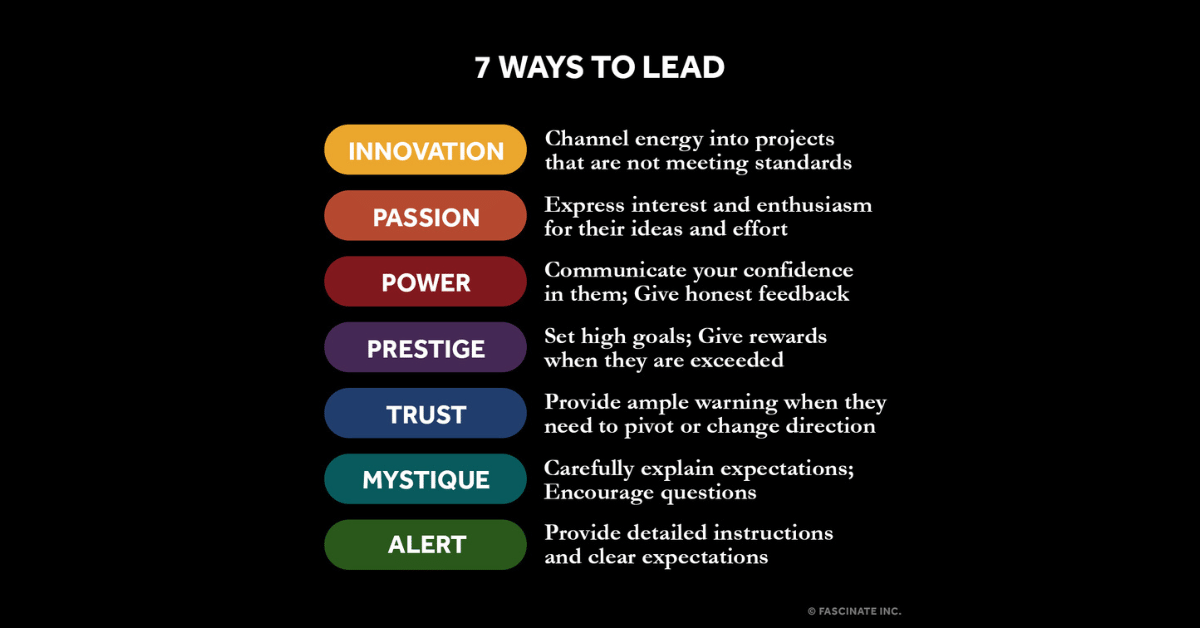How to confidently lead without intimidating your employees and poisoning your workplace.
Quick, answer these 4 questions:
- Do you speak confidently?
- Are you comfortable being in control?
- Do you prefer to lead, rather than stand back?
- When you speak, does your team listen, and take action?
Yes? Then you, my friend, are a powerful leader.
But…since the word “toxic” is in the headline of this article, you can guess where this is going.
Confidence can be perceived as aggression by employees. Confident and powerful leaders can be seen as overbearing and dogmatic.
Here’s the neuroscience behind your confidence, and the damaging effect it can potentially have on your team.
When we’re in the presence of someone who is more powerful, our innate response mechanisms are altered―translating into essentially a ‘deer in headlights’ response, because “your body is preparing to have heightened attentiveness to what others are doing and how you’re being evaluated,” says Deborah Gruenfeld of the Stanford Graduate School of Business.
There are actually distinct differences in serotonin levels based on position in the hierarchy, and those serotonin levels change as we move into alpha or beta positioning.
When talking to a more powerful person, our personal boundaries can lower, making us resistant or skeptical.
Our body language and speech patterns usually become deferential. We’re more open to suggestion, more easily persuaded, and more likely to be dominated.
If you’re a natural leader, then you are comfortable being in command. This is a positive attribute and makes you a decisive leader. Yet if you slip in a tunnel of self-righteousness, you’ll be seen as overly opinionated, forceful, or oppressive.
Taken to the extreme, these leaders are at risk of becoming dominant and forceful. When they step into a room, others become compliant, waiting for them to give opinions first. Taken too far, this type of leader can crush creativity in others and silence the voices of the group.
Absolute power does, in fact, corrupt absolutely.
You might see yourself as an effective leader, guiding your team in a positive way, open to alternative points of view. But would your team agree? (Hmm.)
Here’s a quick checklist to determine whether you might be the problem in your workplace:
- You dominate the discussion, speaking in absolute terms as if there’s no alternative possibility.
- In your hands, decisions become facts. Team members feel bullied into accepting a decision.
- Rather than building consensus, you order your subordinates (that’s how you see them when it gets ugly) to do as they’re told.
- People feel belittled by your comments, and avoid asking for your feedback.
Power doesn’t necessarily have to be overpowering. It’s a requisite ingredient in many forms of structure, training, and motivation to achieve higher results.
Here are 6 ways to lead with authority, without obliterating the morale and respect of your team:
-
- Allow others to contribute.
Rather than enforcing your own iron-clad agenda, great leaders inspire participation from the team. Gain buy-in by making people feel that they are part of the journey, rather than minions. - Be consistent.
Encourage loyalty within your team by avoiding arbitrary rants. Show that your decisions will benefit the team and not just yourself. - Take a breath.
Slow down. Observe. If you’ve scared people into their shells, you might need to coax them out. - Acknowledge your team (rather than seeking acknowledgement).
Show others that you’ve noticed their hard work. Recognize and reward what others have done right. Commend them on the quality of their work. - Don’t micromanage.
Allow others to get into the details of your projects, if you prefer to keep your eye on the ultimate goal. - Celebrate the milestones.
Sure, you might be racing from one detail to another. Be sure to pause to recognize the milestones involved in getting to your destination.
When you feel yourself getting angry or dogmatic, take a step back. Sure, it’s good to be in control, but you also need to consider team members’ opinions and role in the decision-making process. With a bit of smart emotional intelligence, you’ll return to a balanced communication style.
- Allow others to contribute.







